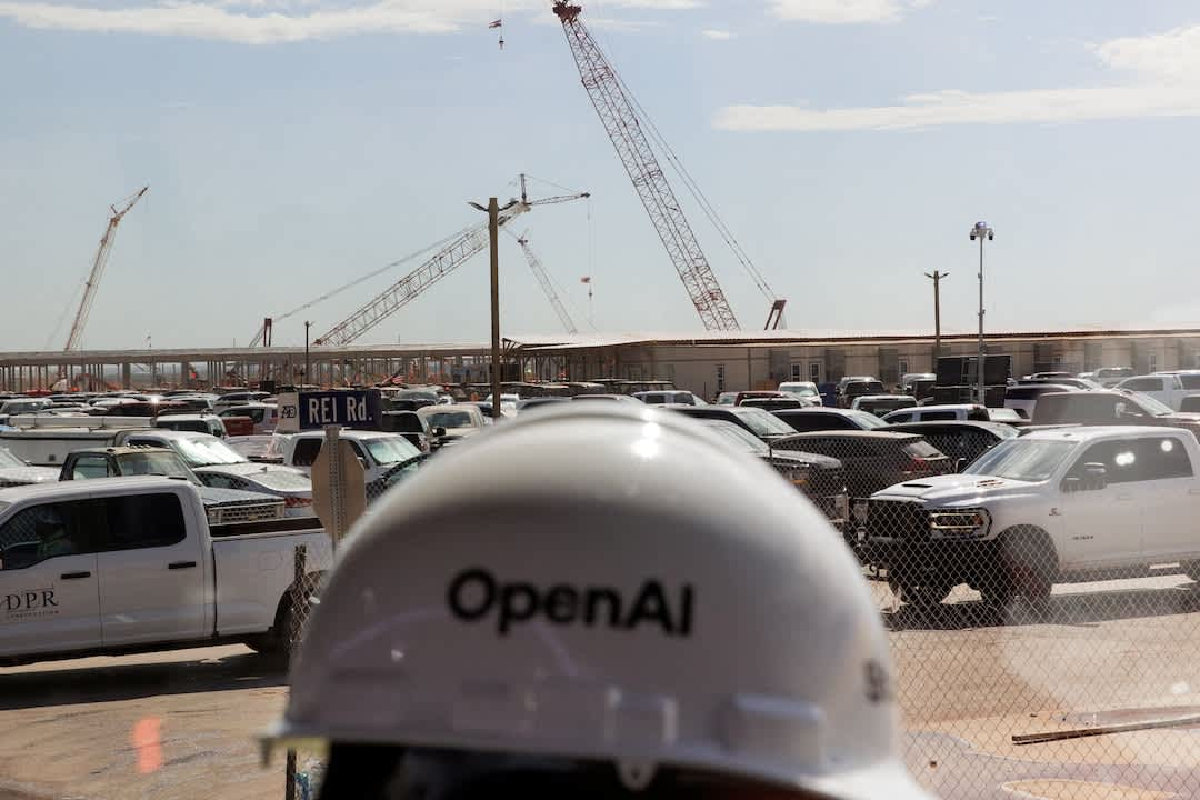OpenAI just announced it’s dropping $25 billion on a state-of-the-art AI data center in Argentina. Not California. Not Texas. Argentina.
The project promises to transform Argentina into a major AI hub. Thousands of jobs. Cutting-edge infrastructure. A flood of tech talent. On paper, it’s a win for everyone. OpenAI gets proximity to South American markets and cheaper operational costs. Argentina gets investment, jobs, and a seat at the AI table.
But scratch the surface and harder questions emerge.
Who owns the data flowing through Argentine servers? Who controls the infrastructure once it’s built? What happens when a foreign tech giant becomes essential to a nation’s digital economy? These aren’t hypothetical concerns. History is full of infrastructure projects that looked like partnerships and ended up looking like dependencies.
OpenAI’s move signals something bigger than one data center. By skipping traditional tech hubs, the company is betting that the future of AI isn’t confined to Silicon Valley. It’s a strategic play to position infrastructure where energy is cheaper, regulations are friendlier, and governments are eager to attract tech investment.
Argentina gets the jobs and the prestige. OpenAI gets the leverage.
The optimistic read is that this democratizes AI by spreading infrastructure globally. The cynical read is that it’s digital colonialism with better branding. Tech giants setting up shop in developing nations, extracting computational resources and data while leaving behind a thin layer of economic benefit.
The truth is probably somewhere in between. But Argentina’s choices over the next decade will matter. How they negotiate data sovereignty, environmental standards, and local ownership will determine whether this becomes a model for equitable tech partnerships or a cautionary tale about who really benefits when AI comes to town.
The Infrastructure Question#
Every major technology eventually becomes about infrastructure. The internet. Cloud computing. Now AI. And infrastructure always concentrates power. The question isn’t whether OpenAI should invest in Argentina. It’s what safeguards exist to ensure that when the data center hums to life, it serves both the company’s interests and the people living in its shadow.
Because $25 billion buys a lot of computing power. But it also buys influence. And influence, once established, is much harder to repatriate than investment capital.


